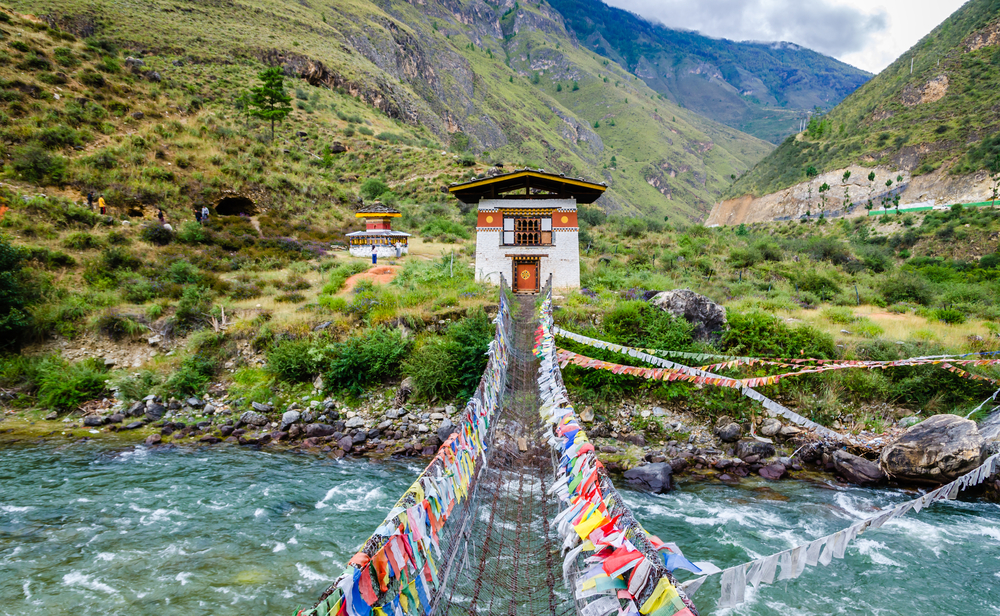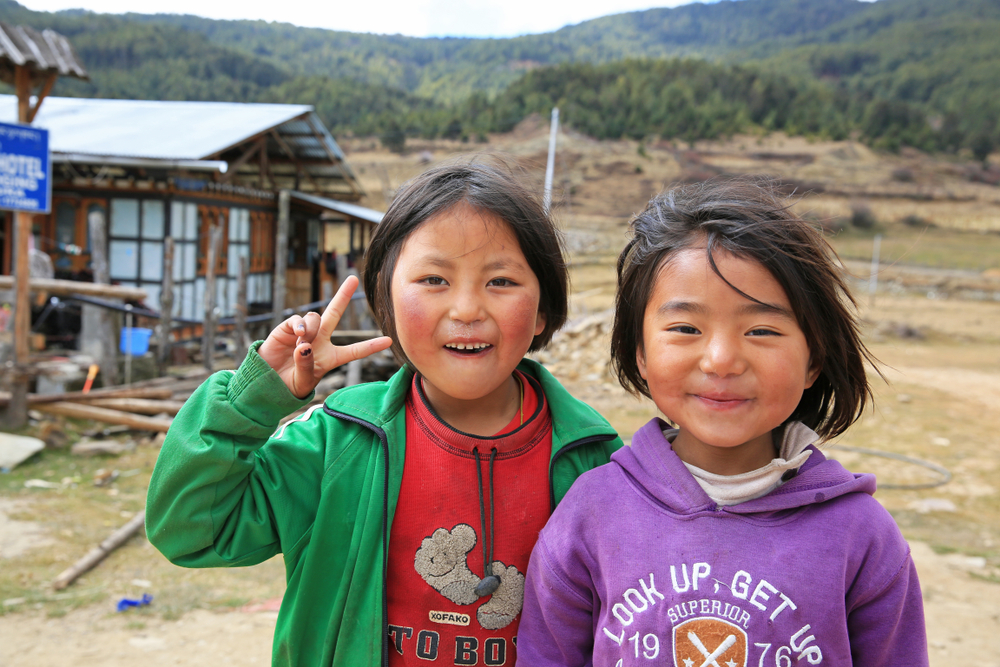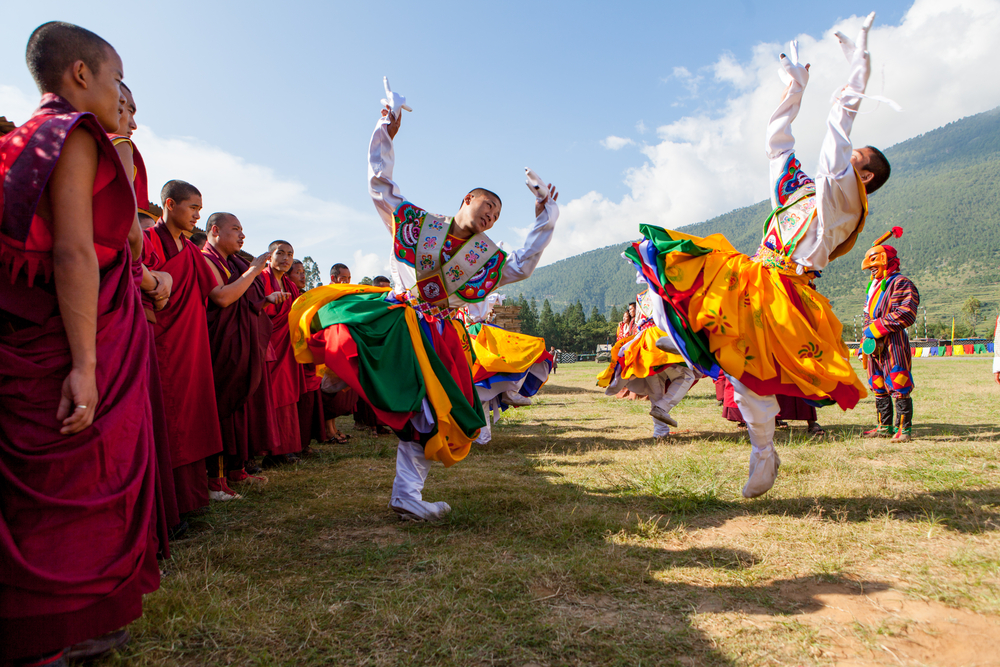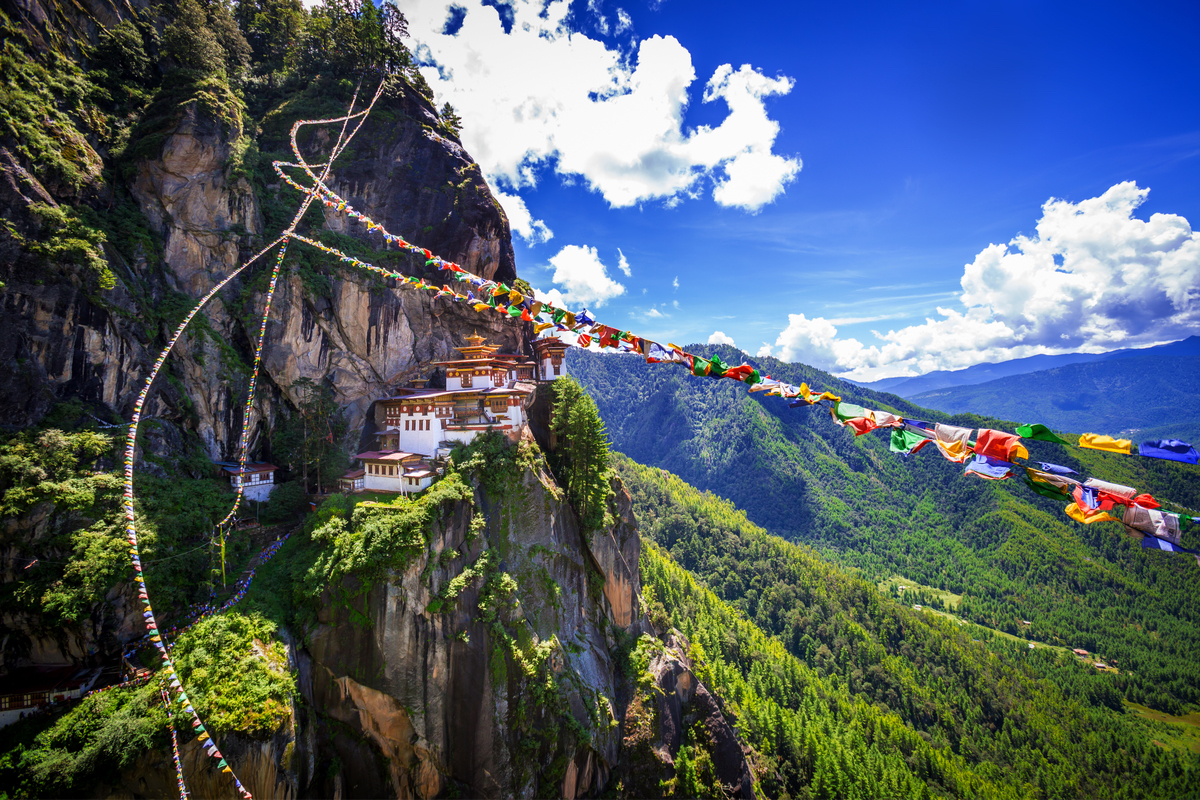Bhutan is a country well-known for two major things – its unspoiled nature and the high gross national happiness index. Maybe you would wonder if there really is such a thing as gross national happiness (GNH) – well, there is. In 1972 the 4th King of Bhutan – Jigme Singye Wangchuck, declared: “Gross National Happiness is more important than Gross Domestic Product”. This idea combines sustainable practices with a holistic approach towards the notions of success and suggests giving equal importance to the non-economic sides of wellbeing, as well as the economic ones.

Gross national happiness values collective happiness as a main government goal and it relies on sustainable and equitable socio-economic development, environmental conservation, social justice and preservation of the cultural heritage. The GNH index includes 9 measures of happiness in a person’s life: health, psychological wellbeing, education, time management, cultural diversity and resilience, good (effective) governance, community vitality (a community, which relies on strong relationships and trust in a safe environment), ecological diversity and resilience, living standards.
An interesting fact is that during each national census in Bhutan residents have to respond to the question: “Are you happy?”. In 2017, 45.2% of the population defined themselves as “very happy”, 51.6% as “happy” and only 3.3% as “not very happy”.

Have a look at some of the measurements introduced in Bhutan in the last 40 years to help achieve its goal of national happiness:
Health: Thursdays are walking days – every fourth day of the week is declared a pedestrian day to reduce traffic, noise, pollution and to maintain an active lifestyle.
Cultural conservation: Bhutanese people still wear their national costume – kho.
Environment conservation: More than a half of the country’s area is declared a national park.
Self-development: learning English is a must – everyone in the country is obligated to learn the language.

Visiting Bhutan is not as easy as you may think: the number of people visiting Bhutan is increasing every year. Due to this tourist interest the government introduced the so-called Minimum Daily Package of $250 per day in high season and $200 per day in low season. The package includes: a 3-star accommodation, all meals, a Bhutanese tour guide for the extent of your stay, all internal ground transport, camping equipment and haulage for trekking tours, and a $65 Sustainable Development Fee (SDF). This is how the government keeps the country clean and controls tourism.

Spirituality: Buddhism – the major religion in Bhutan, is also one of the main reasons for the Bhutanese to feel happy and in balance with themselves and nature. A few years ago, Bhutanese found that people meditate less often, so they introduced compulsory meditation in schools – 10 minutes each day.
Bhutan is a non-smoking country since 2010 and is also the only country, where the smoking and trading of tobacco are banned.